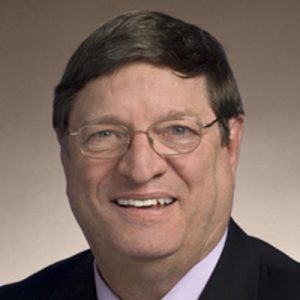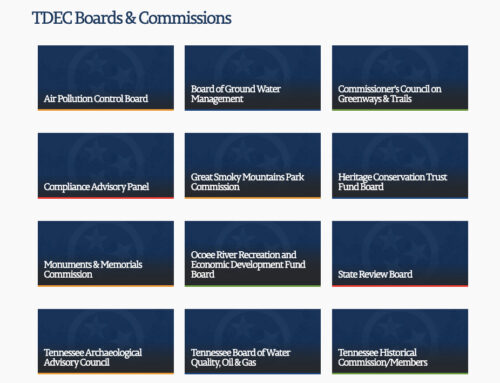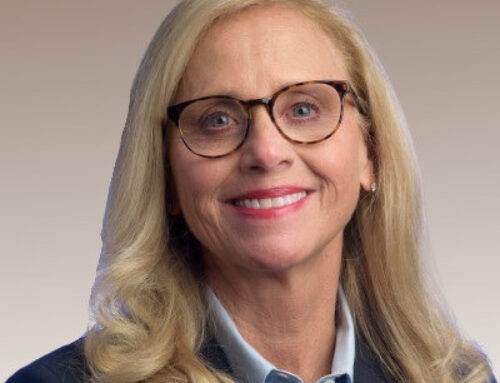The first of two bills filed by a Knoxville lawmaker that would allow more secrecy in the selection of school superintendents and college presidents is scheduled to be heard by the the House Education and Administration Planning Subcommittee on Tuesday.
Harry Brooks, R-Knoxville, proposes to eliminate provisions in the law that require an open process and replace them with language that would give school boards and governing boards of state colleges and universities the option of keeping confidential applicant names until a single finalist has been selected.
Currently, governing bodies of the state’s colleges, including University of Tennessee, must allow the public to know the names of at least three finalists for top positions of president or chancellor before a vote takes place.
There are about 150 school boards statewide, and currently the names of people who have applied to be superintendent are part of the public record. Brooks seeks to eliminate the statute, §T.C.A. 10-7-503(f), that requires disclosure of the names of those applying for superintendent. Eliminating this statute also eliminates the requirement that applications for any “chief public administrative officer” of any government entity in Tennessee, such as police chief, be open as a public record.
Brooks has filed two bills, HB 2000 and HB 1998. Both are assigned to the House Education and Administration Planning Committee which he chairs. HB 2000 is on the calendar for the subcommittee at 3 p.m. Tuesday.
Superintendent selections
HB 1998 creates a new exemption for “employment applications…for director of schools” until “after the local board of education has selected candidates as finalists for a position of director of schools…”
HB 2000 would add a provision in the law that says a “school board is not required to select candidates as finalists for the position of director of schools.” If the school board decides to select finalists, it may select “up to three candidates” as finalists.
Combined, the two bills would allow school boards to keep all names of applicants for school boards confidential until after the board has selected the person they want to hire.
College president selections
HB 2000 also makes significant changes to the process for selecting the president and chancellor of state colleges.
In 2012, the law was changed to allow confidentiality of applications for top positions at colleges until after a search committee of a governing body had narrowed the applications to three finalists. The names of the applicants then became open for the public to know for at least 15 days before the governing body could vote in a public meeting on which of the three finalists would be selected.
The 2012 law change was requested to allow more confidentiality for applicants who ended up not being contenders for the job.
Brooks’ proposal seeks to change that 2012 law and allow only the single finalist selected by the search committee to be public. His proposal in HB 2000 would delete the language “no less than three” and replace it with “up to three.”
In HB 1998, Brooks would make the new language apply to the “chief executive officer of a public institution of higher education” including:
The president of the University of Tennessee system;
The chancellor of the state board of regents;
A chancellor of a University of Tennessee campus or institute;
A president or director of a locally governed state university or institution;
A president of a community college; and
A president of a Tennessee college of applied technology.
The bills are being carried by separate Senate sponsors. State Sen. Jon Lundberg, R-Bristol, is carrying SB 2045, the counterpart to HB 1998; state Sen. Joey Hensley, R-Hohenwald, is carrying SB2586, the counterpart to HB 2000.





